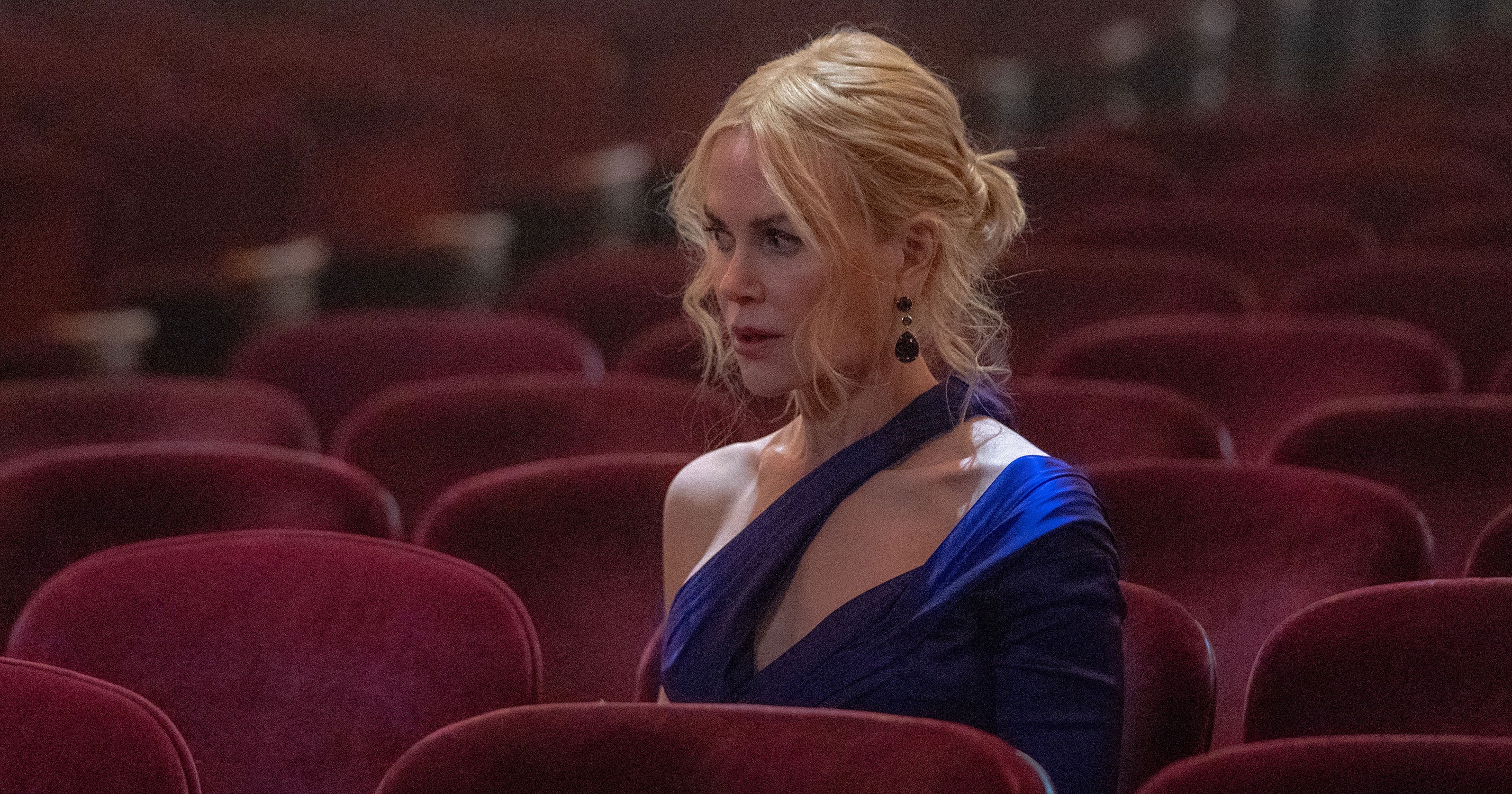A Week In Los Angeles On A $154,000 Joint Income
School fees: $5,581 (this includes tuition, books, etc.).
Streaming/Patreon: $72.72
Savings: We both max out our IRAs yearly in a lump sum.
Was there an expectation for you to attend higher education? Did you participate in any form of higher education? If yes, how did you pay for it?
I was always a studious kid and enjoyed learning, plus both of my parents have college degrees. I received a bachelor’s and certificate right after high school that were fully funded through grants and scholarships. I was able to live with family and my parents covered living expenses. After college I worked for a couple years to build up savings to support myself in law school. Tuition has been mostly covered by scholarships but a good number of unexpected expenses have still come up (how do publishers think it’s okay to charge $300 for a book you need for 10 weeks?).
Growing up, what kind of conversations did you have about money? Did your parent(s)/guardian(s) educate you about finances?
We did not talk about money in my house and it was definitely a feast or famine mentality. Occasionally the credit card would be declined at the grocery store and my mother would discuss the importance of not spending beyond our means. Several times throughout my childhood, I became aware that we had borrowed money from friends or lent money to family that wouldn’t be paid back. At the same time, my siblings and I had lots of after-school activities, new clothes each year, and we’d travel frequently. This uncertainty has definitely shaped my money anxieties as an adult.
What was your first job and why did you get it?
I started pet-sitting for neighbors and family friends when I was around 14. I loved the independence and felt very important! In retrospect, it was a great way to start building towards financial independence as an adult but the money didn’t play a big role in my enjoying the work.
Did you worry about money growing up?
Constantly. I was conscious of being a burden on my parents with my private school and after-school sports and lessons. My little brothers had fewer extracurriculars and I was convinced I was the reason the credit card would be declined or my parents would fight about money. Looking back, “my” spending definitely wasn’t the breaking point but as a kid I felt a lot of guilt and anxiety about my contribution to the family money troubles.
Do you worry about money now?
Yes and no. My husband, J., has a good, reliable job and I have an offer for $105,000 per year once I pass the bar. However, we want children and would love to buy a house and I worry about the feasibility in such a high cost of living city. If we were to move to a more affordable town, I worry about finding a job that would pay as much and be as fulfilling.
At what age did you become financially responsible for yourself and do you have a financial safety net?
I became financially responsible for myself at 24 when I finished my certificate program. I worked full-time and covered all of my recurring expenses, however my parents would occasionally pay for a flight home or load up the fridge when they came to visit. J. is definitely my financial safety net (for which I am so, so grateful) and his mother would help us if something really dire happened.
Do you or have you ever received passive or inherited income? If yes, please explain.
No inheritances on my side but J. received about $10,000 when a distant relative passed while he was in college. This was the start of his investment nest egg. Now, I live with my aunt who insists that I don’t need to pay rent because I help out enough by running errands for her and managing some of her rental property. This is a game-changer in terms of keeping expenses low while I’m in school/my husband is overseas.
Source link

:quality(85):upscale()/2015/09/16/834/n/1922729/72fa9f63_edit_img_facebook_post_image_file_1346497_1442426673_broccoli-bites-FB.jpg)
